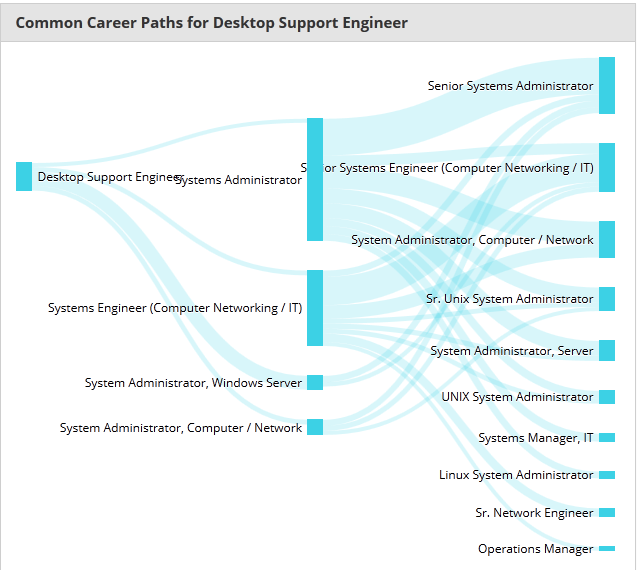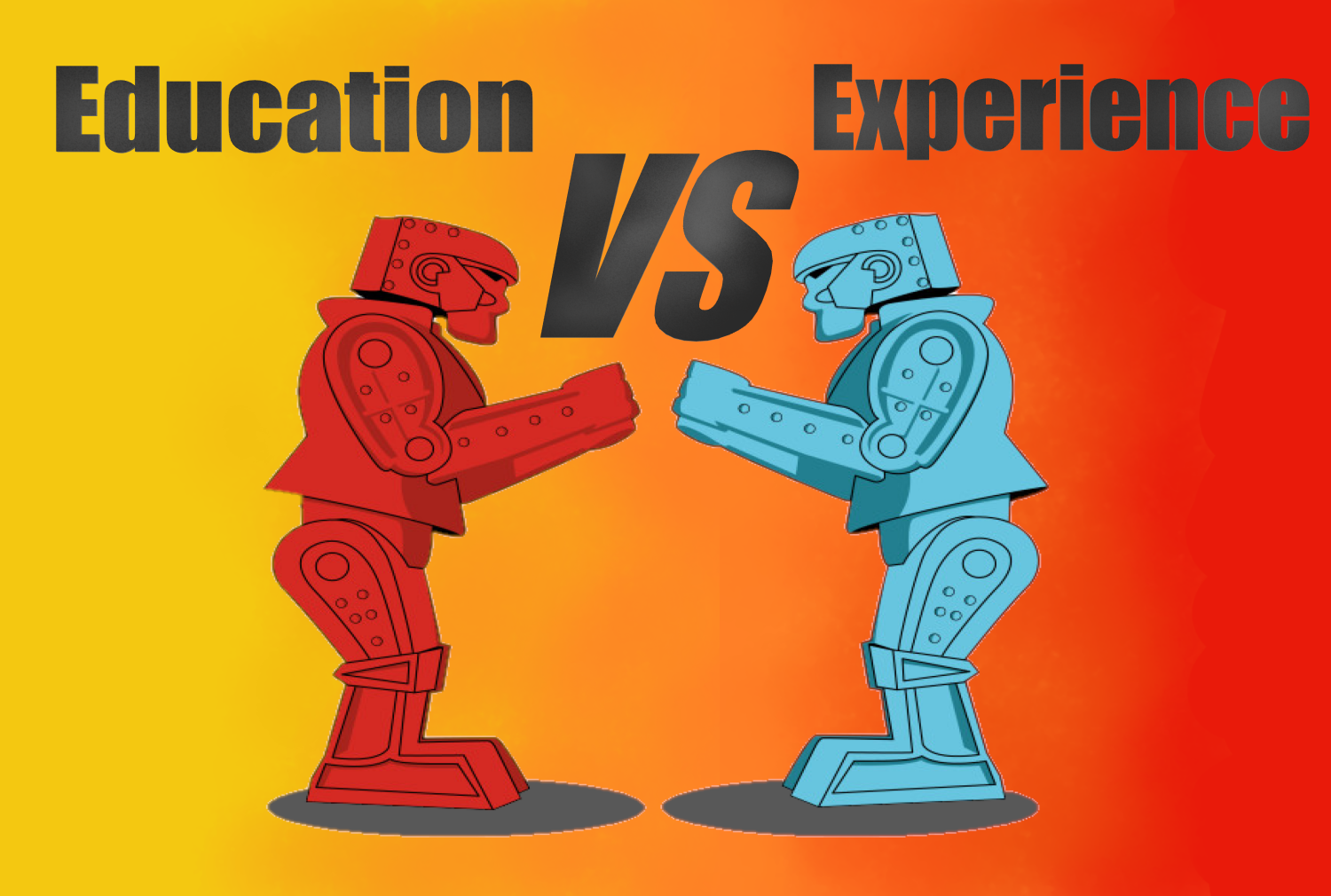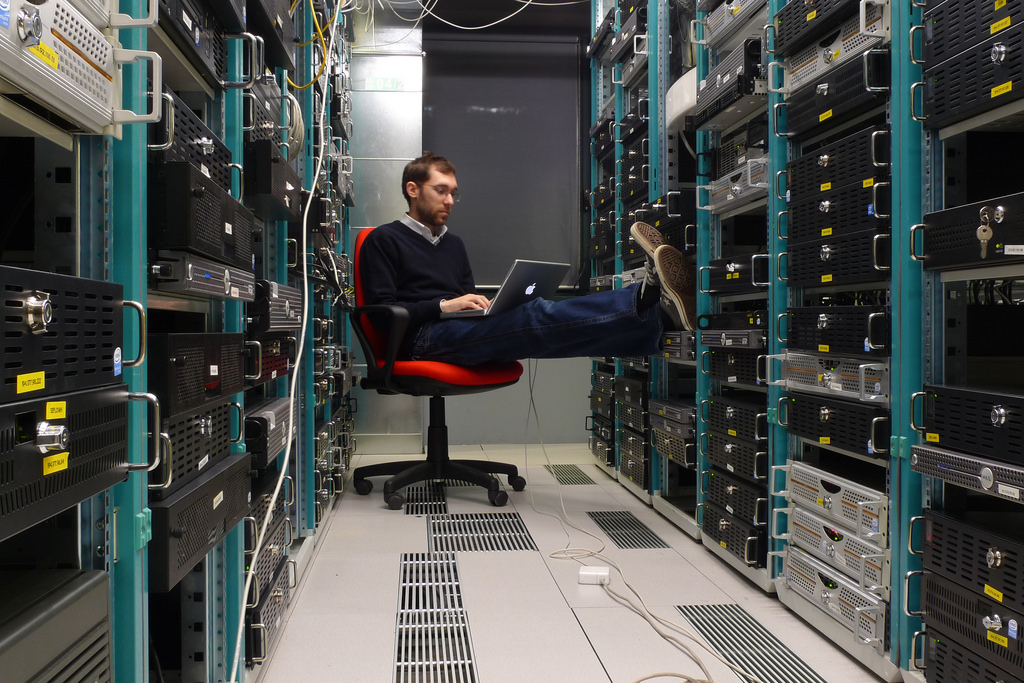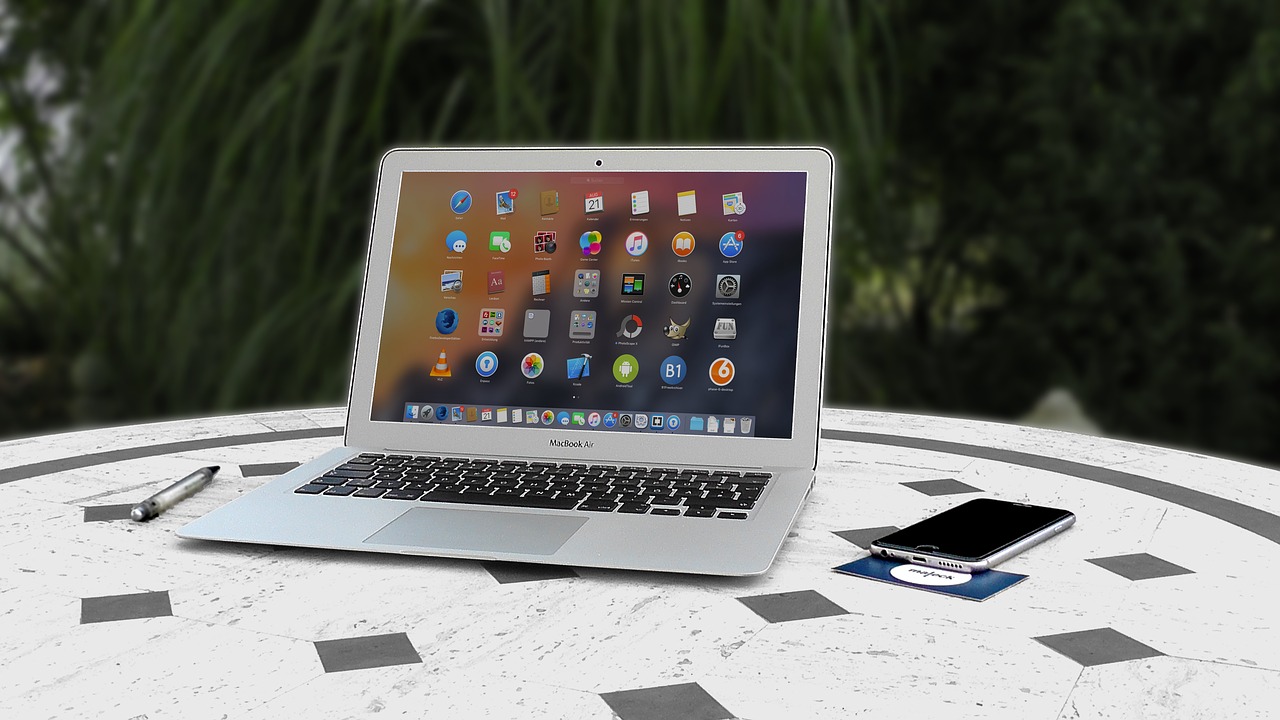The role of a desktop engineer is an important one. These individuals provide a wide variety of services to the organisations and clients they serve, and are the go-to personnel for IT-related troubleshooting and problem-solving.
Desktop engineers are present in nearly any organisation with significant IT infrastructure in place. These are medium to large firms like multinational corporations and SMEs. Hence, desktop engineers are among the most common and popular IT roles around.
Desktop engineers go by many names, including: Helpdesk technician, desktop support, desktop support engineers, support engineers, system administrators, etc. For the purpose of this article, we will use the term “desktop engineer” throughout.
Roles and Responsibilities of a Desktop Engineer
The roles and responsibilities of a desktop engineer varies from firm to firm. Different companies will have different requirements of their desktop engineers. Here are some of the general ones:
- The core responsibility of a desktop engineer is to provide first-line IT support and assistance to the staff of his/her organisation. This means basic troubleshooting of common desktop issues, like Wi-Fi problems or email problems. In this sense, the desktop engineer is like a ‘fixer’ or troubleshooter. At higher levels, desktop engineers may be responsible for the setting up and management for entire networks, making their role a particularly important one.
- Desktop engineers are often used to set up the IT infrastructure required of a business. An example would be the installation of operating systems and software on office machines. At advanced levels, desktop engineers may be called upon to build and maintain computer networks
- A strong knowledge of the software used in the company is a must. As desktop engineers are the designated IT troubleshooters, they need to understand the inner workings of the software systems used and how to solve any common issues that come up.
- A strong knowledge of the IT hardware used by their company is also a must. Desktop engineers often do not just troubleshoot and set up software – they deal with hardware peripherals like mice, printers, photocopiers etc. An issue with hardware could be related to software, and vice versa, hence knowledge of both is necessary.
Skills and Certificates Required
Just like many other jobs in the IT industry, a desktop engineer requires the relevant skills and certifications in order to perform their job properly.
We highlighted previously that technical skills and certifications are an important part of a technical CV, so if you would like to be a desktop engineer, check if you have these relevant skills and certifications in place:
Certificates that are good to have:
- MCTS (Microsoft Certified Technical Specialist)
- MCITP (Microsoft Certified IT Professional)
- MCSA (Microsoft Certified System Administrator)
- CompTIA A+ Certification
- CompTIA Security+ Certification
- Network + Certification
- Linux+
- CISSP (Certified Information Systems Security Professional)
- CCNA (Cisco Certified Network Associate)
To become a desktop engineer, get your knowledge, skills and certifications in order. A highly recommended and popular certification to first obtain is the CompTIA A+ certification.
This is a certification that will validate your ability to comprehend some of the most common hardware and software technologies used in business. It certifies you as having the requisite skills to support IT infrastructures.
The Microsoft certifications are absolutely essential as well, as they certify you as having the knowledge and skills to deal with the software and systems of Microsoft, whose products and services are used in nearly every IT infrastructure worldwide.
General Skills:
- You require a strong knowledge of technology and its components. This means understanding the basics of a computer, its parts, common software like Microsoft Office, etc. These are the key basics required before starting on the job. The process of getting the certificates above would equip you with the necessary knowledge.
- Good teamwork skills are a must. A desktop engineer often will be assigned to support a section or department, and can be part of an established IT team. Being able to work well with others in your team to iron out issues is a necessary asset.
- Good communication and people skills are an integral part of the job. This is because desktop engineers interact with people everyday to solve their issues. Some issues can be quite stressful for the person involved, hence it is important to keep a cool head and be patient while working out the solution to the problem.
- Amazing customer service will help you stand out in a good way. Most of your customers will not understand the technology you are so familiar with, hence patience, humility and perseverance will put you good stead to serve a customer well. It’s not just about how good your skills are, but how you make the customer feel.
What The Future Holds


A desktop engineer role opens up many possible pathways for your IT career. Well-performing engineers often get promoted to senior, more important roles such as senior desktop engineer, system administrators, and so on.
While a desktop engineer’s role can be quite generalised at the beginning, it is possible to specialise and advance to bigger, better roles that require a solid foundation of technical expertise.
With all these details in mind, kick start your IT career today and be on your way to becoming a great desktop engineer!
—
Be a desktop engineer today! Look in our Marketplace for any open positions.















